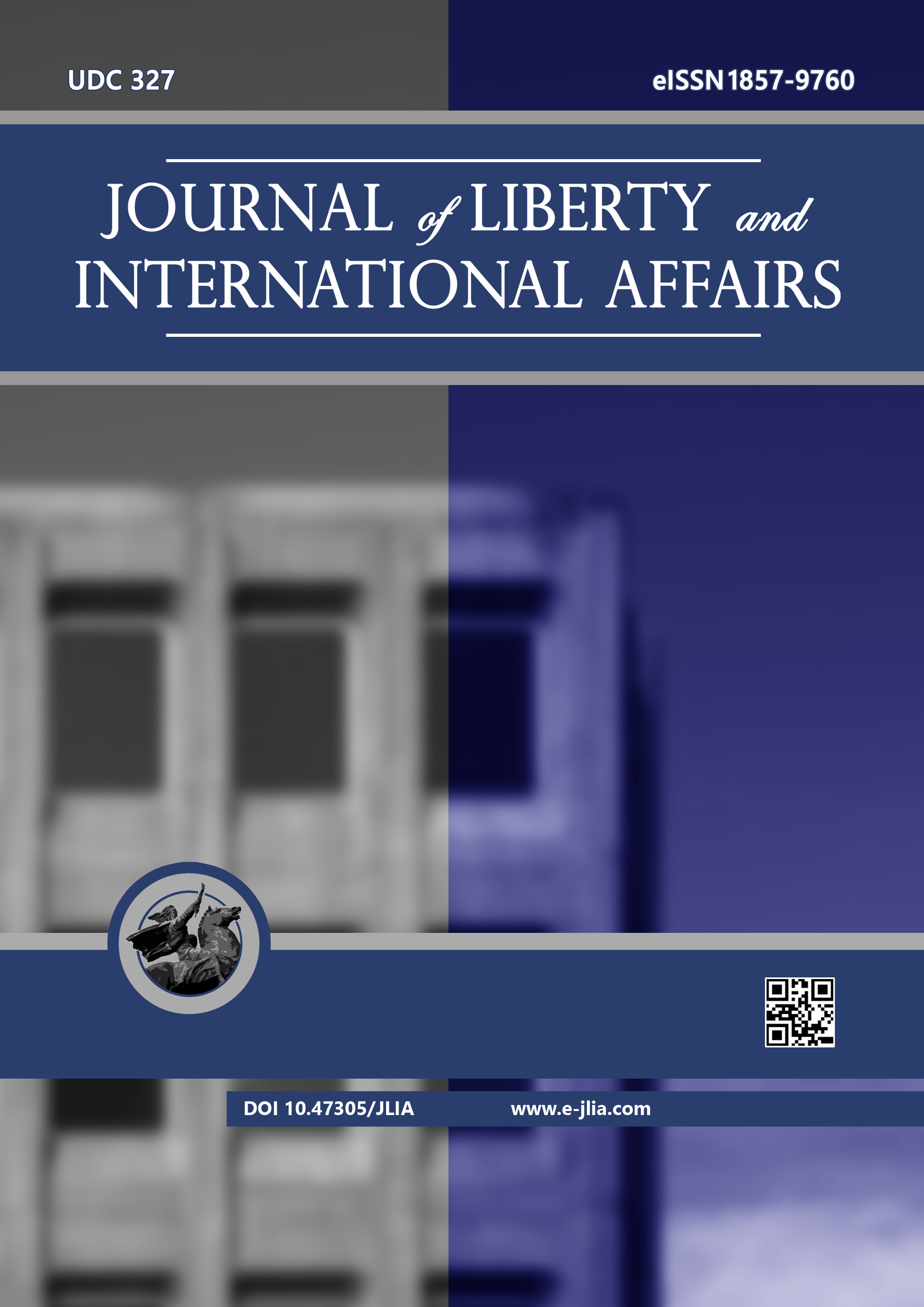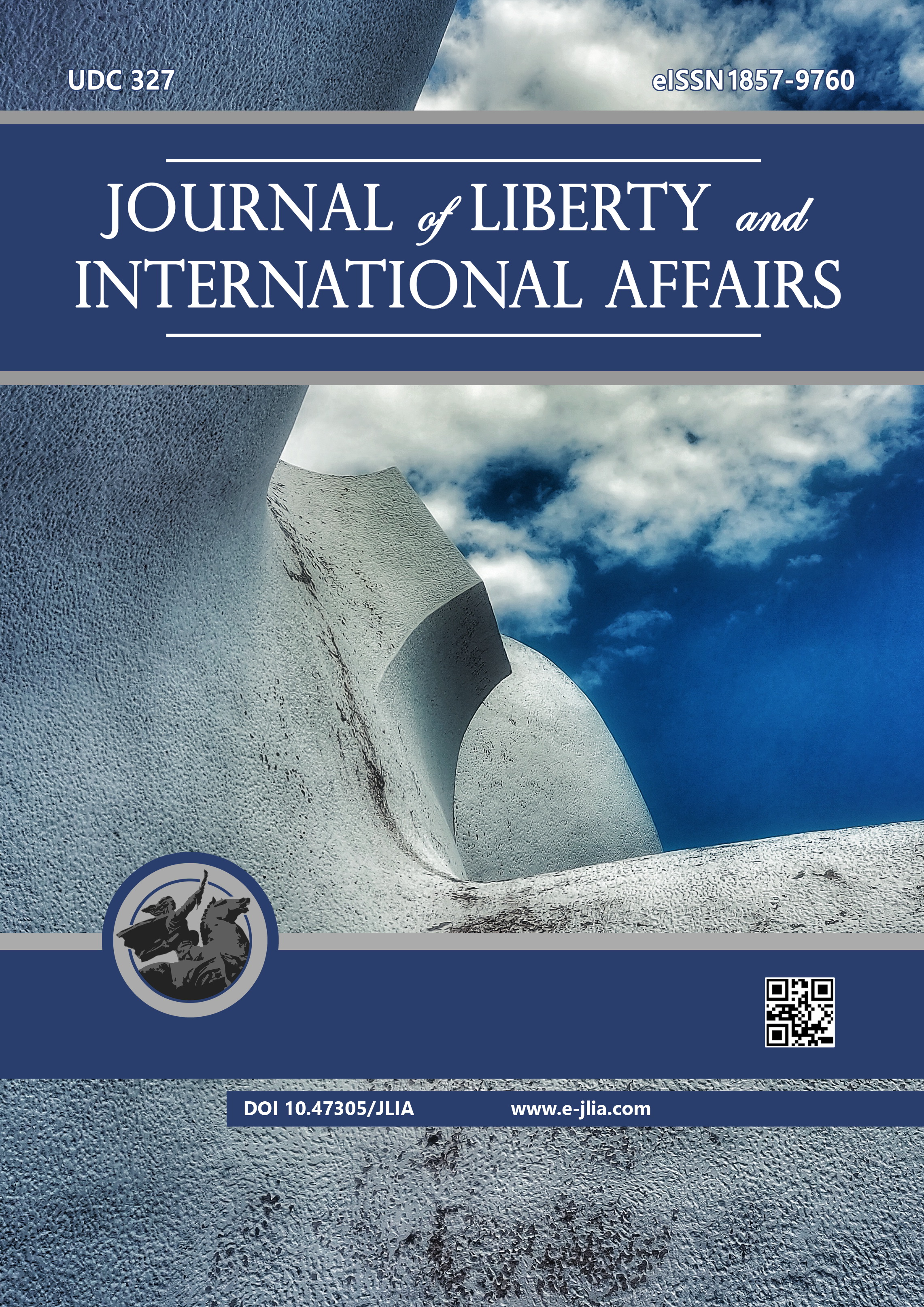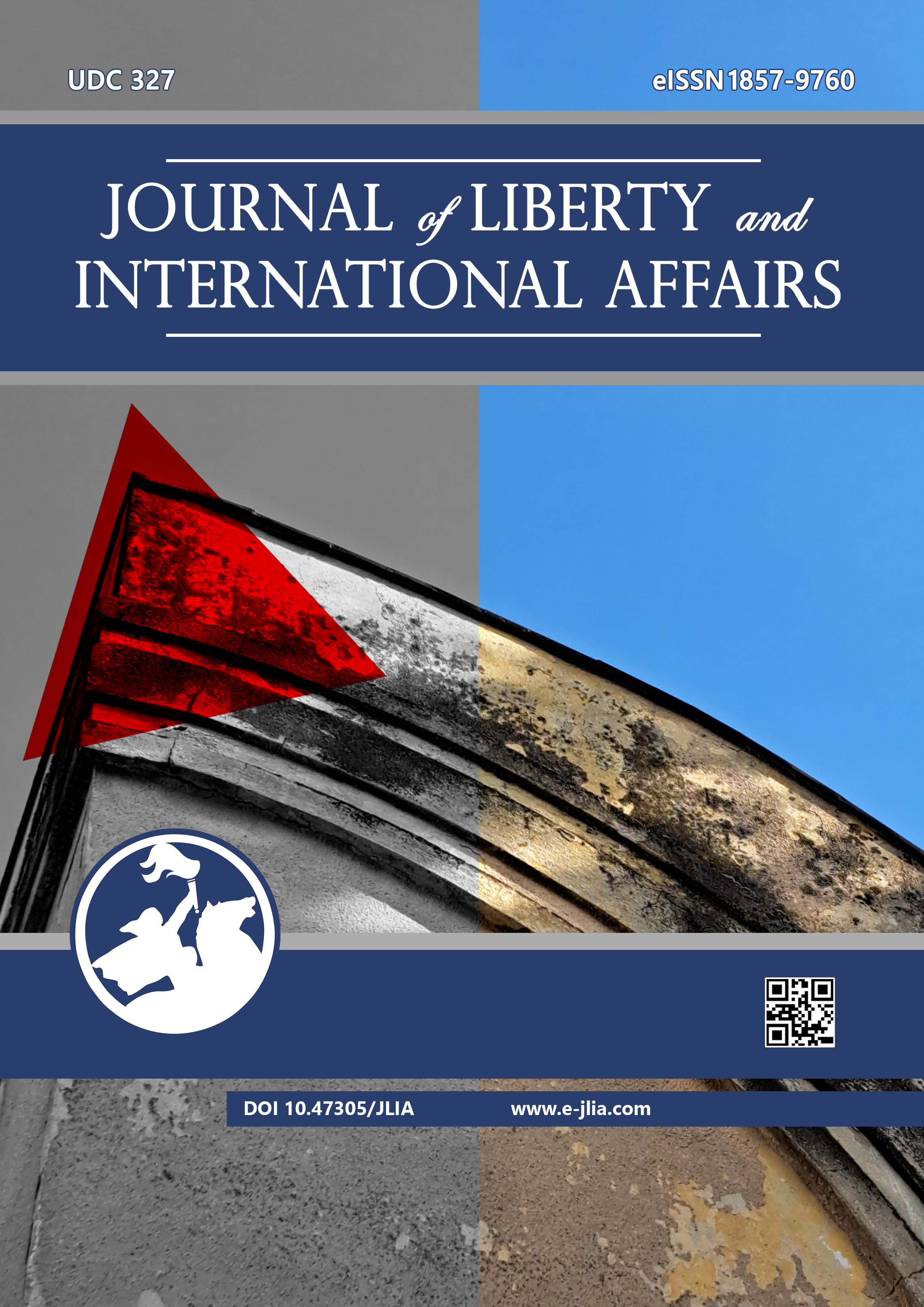
CHINA’S DEVELOPMENT ASSISTANCE TO THE WESTERN BALKANS AND ITS IMPACT ON DEMOCRATIC GOVERNANCE AND DECISION-MAKING
China’s development assistance to the Western Balkans has been little researched and aid-funded projects are often mistermed as Chinese investments. This article aimed to shed light on specific ‘China Aid’ disbursement and management procedures by examining the signed agreements and contracted projects in five countries - Albania, Bosnia and Herzegovina, Montenegro, N. Macedonia, and Serbia during the period 2000-2020. The objective was to determine the impact of China’s development assistance on democratic governance and decision-making. Attride-Stirling’s thematic networks tool was used to analyze the procedures in each project cycle phase and their compliance with the principles of good governance and aid effectiveness. The findings suggest that the assistance, shaped by Chinese rules in combination with Western Balkans domestic agency, is marked by the opacity of the procedures, lack of accountability, disregard for rules in public finance management, and public procurement. Moreover, China could use its grant and loan agreements to influence sovereign decision-making on issues that affect China’s interests. To conclude, although China’s development assistance to the Western Balkans could benefit the recipients’ economic development, it also constrains their democratic governance and decision-making and serves China’s foreign policy interests.
More...




